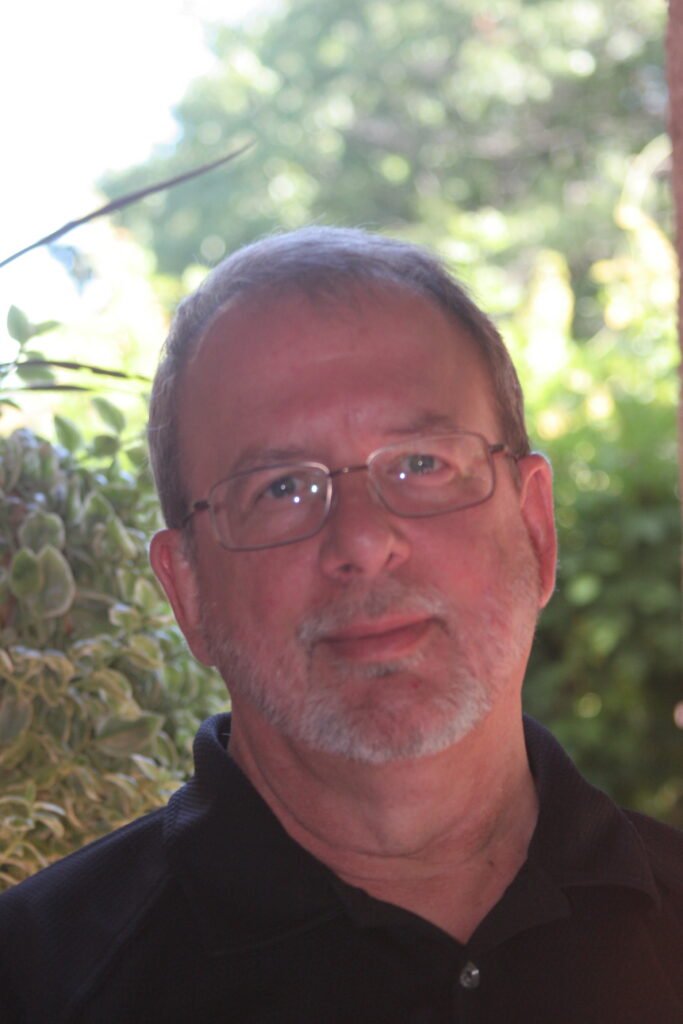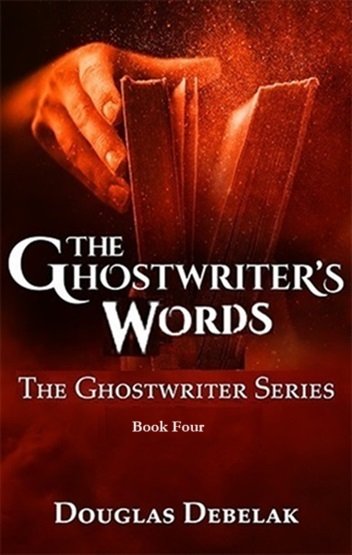
Titles by Douglas Debelak
Biography of Author Douglas Debelak
I would much prefer that this be written by someone else and, therefore, legitimately presented objectively in the third person. But until I can afford to hire a publicist or persuade a friend who knows me well enough, you and I are both stuck with me, clearly subjective and highly biased, and I believe that the only honest way to proceed is in the first person.
Let’s begin with: I don’t remember being born, and what portend to be my earliest memories I don’t believe can be trusted as legitimate, any more than memories from events that took place moments ago. So, being honest with myself, I can only conclude that what I am about to write will be fiction as much as the novels I’ve written. Then again, isn’t anything ever written by a human being filtered through their imaginations if only to seek out the words and phrases to express themselves best?
I don’t remember the event, but according to my mother, I must have been a natural-born storyteller since, in kindergarten, I persuaded the class that I could tell a better story than the teacher, and they followed me to the back of the classroom. I apologize for not remembering whether I ever told a story, let alone share what that might have been. The teacher, being new, told my mother that she didn’t know what to do with me, and my mother promptly demonstrated what she called “butt shock therapy.”
Because of similar behavior, I wound up a year behind the other students in my class. Even then, I was shorter and skinnier than my classmates and wore glasses, combing to make me a natural target. I was also smart, with an even smarter mouth, altogether not a good combination for navigating grade school, with the unsurprising consequence that I regularly got my ass kicked. I won’t bore you with that since I’ve touched upon that and the content of the prior two paragraphs in my first book, The Involuntary Ghostwriter – also in the first person, but there, presenting my voice as another.
Like other bright, bored-to-death, imaginative children, I was not a good student. I spent more time preparing to be a professional athlete, which, being short and skinny, would never happen. But for some unknown reason, I also read the set of encyclopedias, which I believe to have been a gift from my grandmother, cover to cover, and many of the books in the house, most well above the reading level of other children my age. I must have read The Old Man and the Sea a dozen times before I was twelve. So, despite my best efforts, I didn’t emerge from grade school illiterate and uneducated. This also didn’t go unnoticed, and I was regularly told that I could be anything I wanted if I applied myself. More on that later. So, fast forward through high school, managing to graduate, if barely.
Raised in a religious family, I convinced myself I wanted to be a pastor and went to college with that goal. Ironically, my studies, which I finally took seriously, led me to question everything I had previously believed. So, I switched to studying philosophy, received a degree, and was accepted into a PhD program at Northwestern University. There, I concluded that I did not want a career in academia. All I wanted to do was discuss ideas with other intelligent people who didn’t want to share theirs for fear that I would steal them before they had a chance to publish. I thought the whole purpose of discussing ideas was to determine whether any had enough merit to pursue.
So, I returned home disillusioned but still asking the questions I had since childhood, most of the “What if…?” variety. Enter Joan Osborne and the song One of Us, written by Eric Bazillion. “What if God was one of us?” And recalling my mother and grade school teachers telling me I could be whatever I wanted if I applied myself, the combination of those notions began to percolate. “What if…?”
During the above, I also worked full-time in a factory, putting myself through college, and got married. Shortly after leaving grad school, I became a father. I decided to teach myself how to write software as a more practical way to support a family than, according to my step-father, contemplating my navel. With years passing, having a successful career as a software engineer, when asked what I planned to do once I retired, I insisted I wasn’t retiring – I planned to spend my time doing something else. The words of Joan Osborne and Eric Basillion, and those of my mother and grade school teachers, having had a long time to percolate, I’d decided to write a novel.
I’ve now written four novels, five counting the extraction of the core narrative of the first three books of The Ghostwriter Series into an independent volume, The Words – An Autobiography, with the intent of that being a companion volume to a fourth book in the series, The Ghostwriter’s Words. The final two await their initial publication, while The Involuntary Ghostwriter, The Ghostwriter’s Wife, and The Ghostwriter’s Legacy are being rewritten and edited for re-release before the end of the year. After seven years of distance and objectivity and the recognition that, best intentions and inspirations aside, I was a novice and now have put in my proverbial ten thousand hours. So, here’s to Malcolm Gladwell’s notions having some merit.
Other than an eighteen-month part-time resident in Germany, I have lived my entire life in western Pennsylvania. I live with my wife in a beautiful historic home in a wonderful neighborhood in the Northside of Pittsburgh, where, when not writing, I love heading out to our front porch with a bottle of wine and inciting parties.




